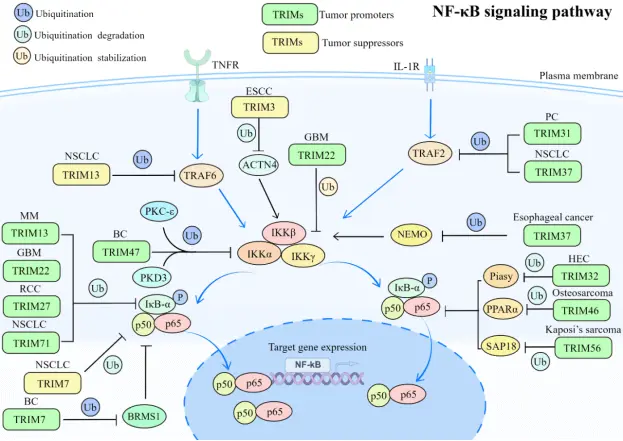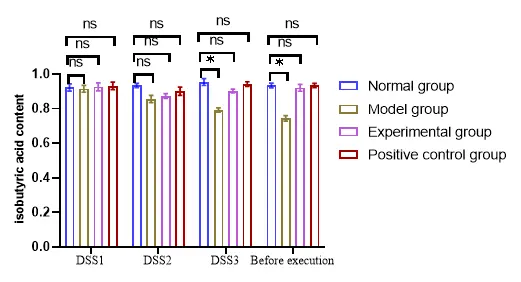Open Access
Review
Novel sulindac derivatives for colorectal cancer chemoprevention that target cGMP phosphodiesterases to suppress Wnt/β-catenin transcriptional activity
by
Sindhu Ramesh
, Peyton Johnson
, Khalda Fadlalla
, Austin Moore
, Chung-Hui Huang
, Kristy Berry
, Yulia Y Maxuitenko
, Xi Chen
, Adam B Keeton
, Gang Zhou
and
Gary Piazza
CI 2023 3(1):28; 10.58567/ci03010003 - 30 November 2023
Abstract
Approximately 28 million individuals in the United States face the risk of developing precancerous colonic adenomas (polyps) and potentially progressing to colorectal cancer (CRC). While a promising strategy for CRC prevention involves pharmacological intervention, such as cancer chemoprevention or interception, currently, there are no FDA-approved drugs capable of preventing t
[...] Read more
Approximately 28 million individuals in the United States face the risk of developing precancerous colonic adenomas (polyps) and potentially progressing to colorectal cancer (CRC). While a promising strategy for CRC prevention involves pharmacological intervention, such as cancer chemoprevention or interception, currently, there are no FDA-approved drugs capable of preventing the formation or progression of adenomas to adenocarcinoma. Numerous clinical, epidemiological, and preclinical studies have offered compelling evidence supporting the efficacy of nonsteroidal anti-inflammatory drugs (NSAIDs) in CRC chemoprevention. However, the prolonged use of NSAIDs is not FDA-approved due to potential life-threatening toxicities resulting from cyclooxygenase (COX) inhibition and the depletion of physiological prostaglandins. Despite indications that the COX inhibitory activity of NSAIDs may not be essential for their antineoplastic effects, the absence of a well-defined target impeded the development of derivatives that do not inhibit COX. Earlier research suggests that the inhibition of cyclic guanosine monophosphate phosphodiesterase (cGMP PDE) may be responsible, at least in part, for the antineoplastic activity of the NSAID sulindac. This could potentially offer a novel target for CRC chemoprevention. To identify the cGMP PDE isozyme(s) contributing to the antineoplastic activity of sulindac, we synthesized a chemically diverse library of over 1500 compounds, all sharing the indene scaffold of sulindac. Subsequently, we screened these compounds for their impact on cancer cell growth and PDE inhibitory activity. From this screening, a series of lead compounds emerged. These compounds lacked COX-1 and COX-2 inhibitory activity, surpassing sulindac in potency to inhibit CRC cell growth. Importantly, they demonstrated greater selectivity by not affecting normal cell growth. Through chemical optimization, we identified several development candidates that selectively inhibit PDE5 and/or PDE10. These compounds activate cGMP/PKG signaling, suppressing Wnt/β-catenin transcription. This action counters the growth advantages resulting from APC or CTNNB1 mutations, which are responsible for most human CRCs. This review delves into the scientific literature supporting PDE5 and/or PDE10 as potential targets for CRC chemoprevention or interception. Our findings suggest a promising avenue for developing drugs that may effectively intervene in the progression of colorectal cancer, offering hope for improved preventive strategies in the future.
Show Figures




